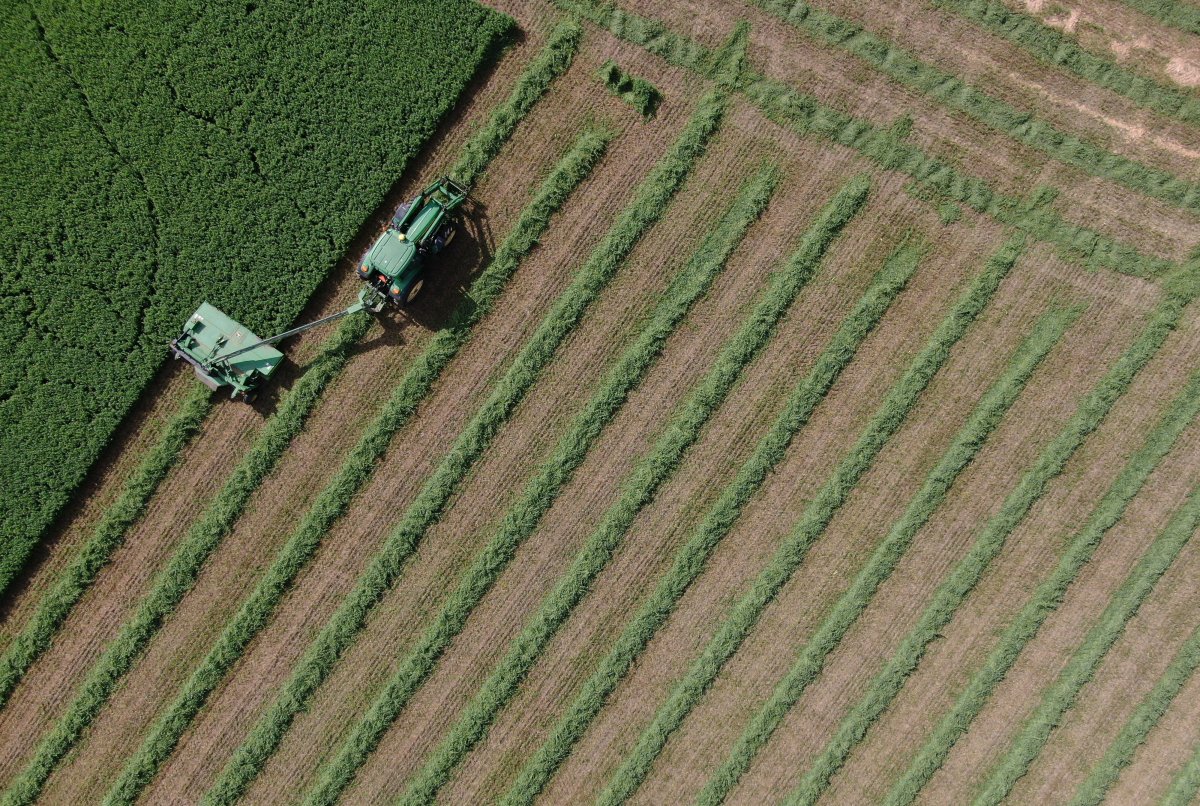A University of Guelph professor says getting farmers to reduce the use of nitrogen-based fertilizer is easier said than done.

A piece by Dr. Manish Raizada from the Department of Plant Agriculture at the Ontario Agriculture College criticized a plan by the federal government to cut greenhouse gas emissions on farms by 30 per cent by 2030.
Raizada called the plan “reckless” and adds that nitrogen is an essential part of food production.
“Chlorophyll needs nitrogen in order for plants to harness energy from the sun. Otherwise, we would not have sustainable food production,” said Raizada. “Nitrogen is also required to allow plants to capture carbon dioxide from the air and make plant cells.”
Raizada said farmers are and should be looking at ways of cutting greenhouse gas emissions, but the feds should have worked with the farming community to address this.
“If the government was serious about this, they should have came to farmers seven years ago,” said Raizada. “Trying to ask for a 30 per cent cut in nitrogen use in crop production within seven years is not realistic.”
The Ontario Federation of Agriculture raised the issue of nitrous oxide and fertilizer use with federal Minister of Agriculture and Agri-Food Marie-Claude Bibeau at a recent meeting.
- Freeland set to table 2024 federal budget in the House of Commons
- All a-boot tradition: A look at finance ministers’ budget shoes through the years
- Inflation ticked higher in March. Are Bank of Canada rate cuts still in the cards?
- Food service strike: Air Canada, WestJet refine menus at Toronto Pearson
Bibeau told the group the 30 per cent reduction target is “aspirational” and added that all efforts by farmers to reduce greenhouse gas emissions are voluntary.
OFA president Peggy Brekveld said in a comment piece that fertilizer use and nitrous oxide emissions are not the same.
“One source of nitrous oxide emissions is poor utilization of fertilizer by crops after application for a variety of reasons — things like weather, the type of fertilizer used or even when or how it was applied,” Brekveld said.
However, Raizada believes the federal government should be providing subsidies to help farmers move away from nitrogen-based fertilizers.
“Farmers are at the margin in terms of profit,” said Raizada. “They want to try these other approaches but they require financial assistance. Without that, they are being discouraged and are losing time.”



Comments